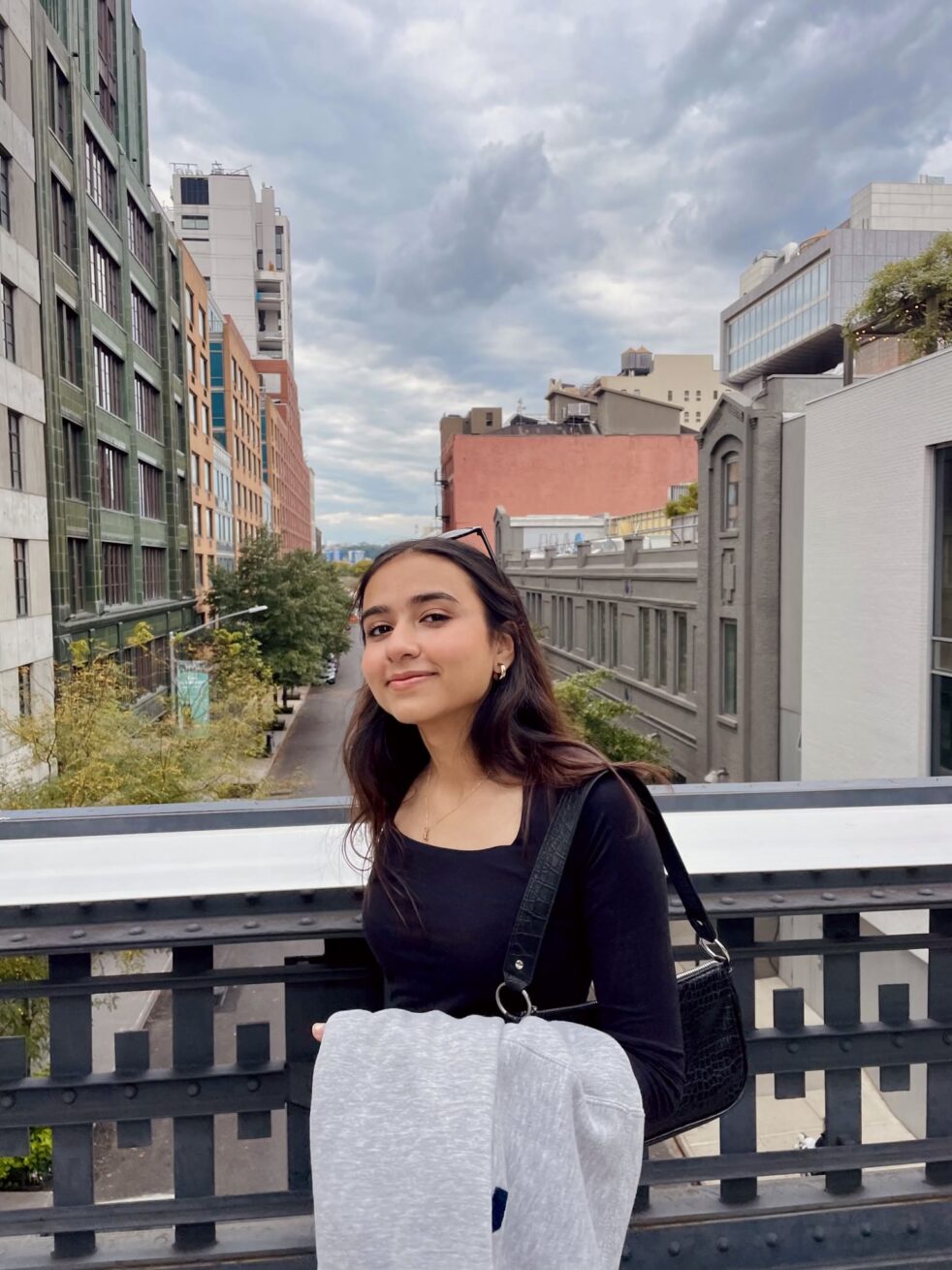My paternal grandfather’s forefathers came from Amritsar. His law degree from Lincoln’s Inn in England hangs in my father’s office in Sandy Springs and mentions his address being a house on Mohni Road — an area of the old walled city of Lahore from a time bygone.
My maternal grandmother’s ancestors were merchants in Delhi, far before the time political borders forced a separation between what was then Hindustan and what is now broadly considered the Indian Subcontinent.
A few generations later, my parents, who spent their formative years in a house on Lahore’s Mall Road, left the comforts of family and community and sought wider horizons in the United States. In Pakistan, stories like mine are speckled across every family’s recent heritage. We are a diasporic people. We take with us language, stories, narratives.
But there is a constant hum of respectability politics surrounding diasporic existence.
And within that hum, manifests the reality of impermanence and the recognition that perhaps in the vast expanse of the cosmos, our diasporic cultures and communities will cease to exist.
Coincidentally enough, my first article for the Technique consisted of a news piece highlighting the diverse refugee community in Clarkston, Ga. and was published the summer before my sophomore year at Tech.
I cannot pinpoint when I heard about the Technique, or what really drew me to it.
At the time, what I brought to the Technique was my love for writing. Growing up immersed in the rich Urdu poetry of Faiz Ahmed Faiz in the backdrop of the Punjabi-filled streets of Lahore, I’ve always loved writing as a form of expression and language as a tool to masterfully craft different narratives.
The articles I wrote often felt inconsequential. I felt like they enacted change within the pages of the newspaper and perhaps nowhere else. I don’t think I’ve ever been so wrong. My time at the Technique took me from contributing writer to a position on the editorial board as the news editor and finally landed me a position I never expected to have — managing editor.
During these years, I have found my community at Tech and simultaneously found ways to advocate for that community. From investigative pieces concerning contract limits for student broadcasting through WREK radio to interviewing correspondents from “The Daily Show” regarding the 2022 Georgia midterm elections, the impermanence of my identity has been counteracted by the permanence bound to the pages of this newspaper.
There is something so incredibly generative about putting together 20 pages worth of ideas and stories and thoughts into a cohesive newspaper each week. There is something so pervasive about the permanence of words printed in black ink on paper littered across our campus.
If I had to sum up my Technique experience and the reverence I hold for this newspaper in one article, I would point to an article that I didn’t even write. After the events of Oct. 7, 2023, the editorial board was tasked with the impossible responsibility of accurately reporting on Israel and Palestine.
In 2004, Palestinian resistance poet and writer, Mahmoud Darwish received the Prince Claus Fund of Principal Prize in Amsterdam and said in his acceptance speech, “A person can only be born in one place. However, he may die several times elsewhere: in the exiles and prisons, and in a homeland transformed by the occupation and oppression into a nightmare.”
Darwish’s speech touched on themes of displacement and diaspora, of the structural violence that precedes Palestinian existence.
And in those early fall days of 2023, the respectability politics of diasporic existence was looming over the Technique.
We spent days agonizing over how to report on the events without alienating the communities impacted.
We debated how to shed light on the violence, without reducing the magnitude of human suffering down to mere numbers and statistics.
Meanwhile, students across the country were getting doxxed over their support for Palestine liberation and both Jewish and Muslim communities were grappling with the rise in antisemitic and Islamophobic hate crimes. It was a really unique and frankly, scary landscape to navigate. As student journalists, we were more than aware of our responsibility to create room for the narratives of the Jewish, Israeli, Palestinian, Muslim and Arab students on our campus. On Oct. 20, 2023, the Technique published a 2,559 word article summing up the historical events that led to the siege on Gaza and how tensions were manifesting on campus.
What an onlooker might not know are the countless hours many of us on the editorial board spent scrutinizing commas and statistics to produce an article that we felt would best serve our student body.
The Technique was also the first publication to highlight the assault of a Palestinian student by a third-party security guard on campus.
After the piece was published, I remember sitting in my room and feeling a huge surge of relief.
The humanity showcased by each editorial board member who helped with the article left me humbled by how much the Technique’s staff cares not just for the paper, but also for the practice of honest journalism.
As I leave the newspaper and hand over my role to a new managing editor, I feel a genuine loss of creative outlet and permanence in my life.
And as I search for a new chapter, I hope that the Technique continues enacting change not just within its pages but outside them as well.
